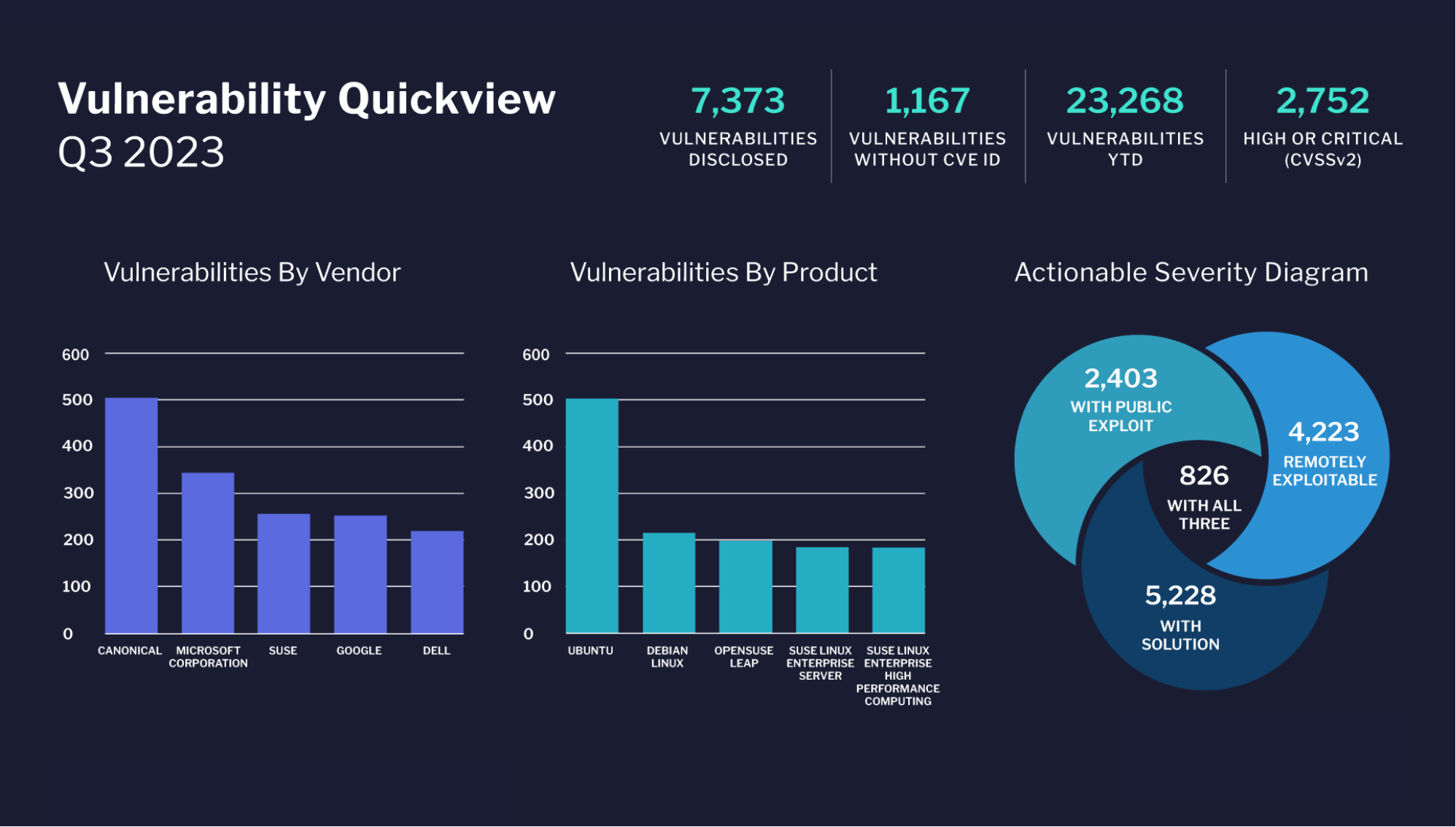Computers are fantastic until they don’t work as expected. Then, people often get flustered and anxiously wonder how to make their machines function normally again.
Scammers at fake tech support centers — frequently based in India — capitalize on those unsettled feelings, often coercing people to pay to fix problems that don’t exist.
These fraudulent tech support efforts have become so severe that London police are working with Microsoft to catch the crooks and are partnering with Indian police forces. The tech brand is particularly interested in helping stop the crimes because the criminals often say they’re representatives of Microsoft.
During a two-day operation in late November 2018, more than 100 members of Indian law enforcement raided 16 call centers, resulting in 39 arrests and counting.
Microsoft received more than 7,000 complaints from users associated with those locations. The criminals have a global reach, since the reports of problems came from people in more than a dozen countries.
There was also another raid six weeks before the November events where police infiltrated 10 call centers and arrested two dozen people.
Then, the law enforcement agents gathered significant evidence of the crimes, including call scripts and voice recordings. That earlier raid happened after a complaint from Microsoft about the problem.
The criminals usually take one of two approaches when trying to scam people. Often, they make pop-up boxes appear on the computer that say the machine has a virus.
Accompanying information then provides people with a number to call to speak with supposed tech support personnel. After those individuals claim to repair the issue, they charge the victims amounts of typically $150-$499.
A variation involves the tech support posers contacting people by phone, sometimes going so far as to spoof the number so it comes across on the screen as being from a company that legitimately would provide computer assistance.
The callers then lie about “known” problems on a person’s machine and offer to remedy the issue.
This problem has become so severe that Microsoft created a dedicated page to help people recognize if they’re getting targeted by scammers. One of the things the company points out is that it never makes unsolicited calls to customers to ask for personal information — including financial details — or offer tech support help.
These scammers have been around for a while and were so prevalent in 2017 that one news outlet warned people not to answer calls from a certain number associated with the criminals. To avoid thinking these scams are real, people should keep in mind how genuine tech support call centers operate. They usually make customers jump through a few hoops, such as waiting on hold for a while.
A 2018 report from Microsoft found although the overall numbers of people believing fake tech support calls were real went down, there were still more than six in 10 people victimized.
Many scammers got people to download software that allowed the criminals to take over their computers, but some asked the victims to go to websites.
Although Microsoft is the company focused on here, the tech support problem affects other companies, too. In early 2018, security researchers shed light on a version of this scam that made users’ browsers lock up when using Chrome and Firefox.
Plus, the criminals have figured out how to make their fake pop-ups and other tricks to bypass the security software on a person’s computer.
Analysts say using an ad-blocking plugin is often an effective way to avoid the pop-ups that make the browser dysfunctional, since most of the ads are from a category of malicious web content called maladvertising. They also clarify that even when scammers lock the browser like this, it’s usually possible to force quit the browser from the computer’s task manager window.
Besides the way these criminals lure people into believing lies by telling them their computers have problems, they sometimes try to shame victims into thinking they’ve done something wrong to make the “issues” happen.
To reiterate, real brands do not solicit people over the phone for tech support. Instead of panicking, individuals should take a deep breath and hang up the phone or otherwise stop engaging.
Doing that helps them avoid getting trapped into paying money or letting the criminals tamper with their machines.
By Kayla Matthews





